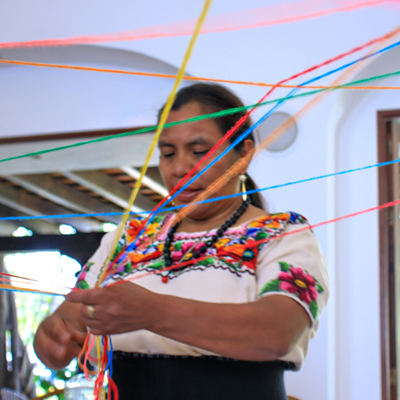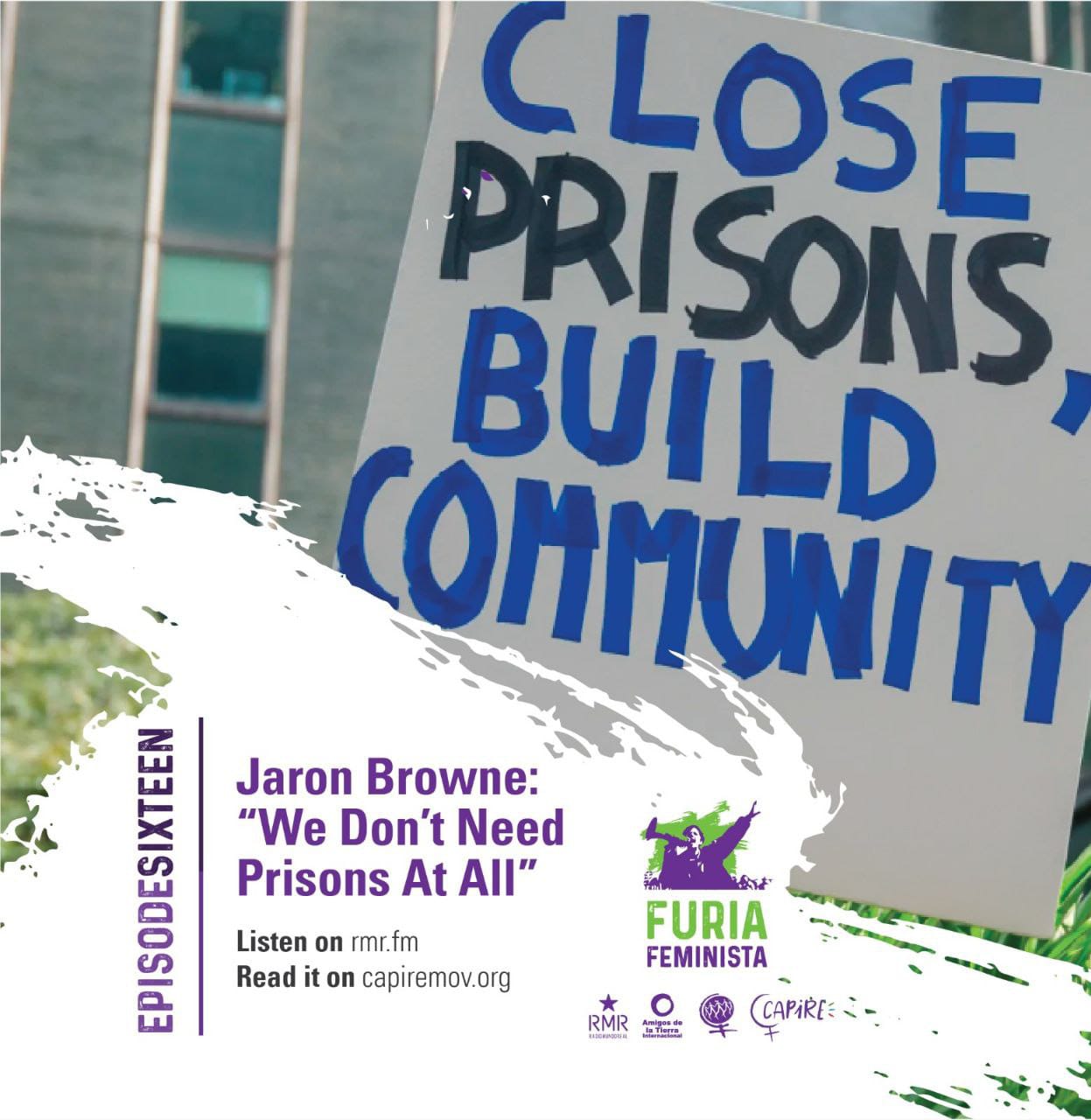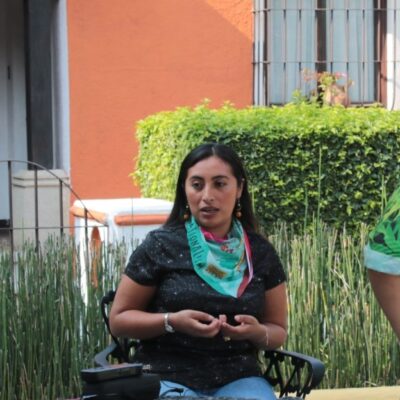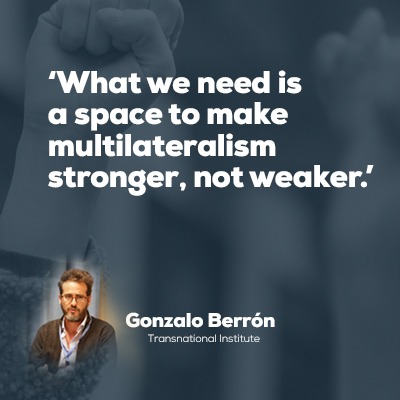Failed model: greenwashing
Serious accusations against the Roundtable on Sustainable Palm Oil, which is holding its annual meeting
 https://wrm.org.uy
https://wrm.org.uy
“It´s a sham” saying that the Roundtable on Sustainable Palm Oil (RSPO) is solving the serious socioenvironmental effects of this industry, said Nigerian environmental activist Rita Uwaka. “There are more environmental abuses, human rights abuses in countries where most of these RSPO certified companies exist”, she added.
The annual conference of the RSPO is taking place from Monday to Thursday in Sabah, Malaysia, to discuss, among other things, how to stop deforestation, according to the event´s official information. The RSPO has over 3000 members from all parties involved in the palm oil supply chain, such as producers, processors, traders, banks and investors, among others. The network had developed a series of social and environmental criteria the member companies should comply with in order to be certified as sustainable.
Nevertheless, Uwaka, who is member of Environmental Rights Action (ERA) – Friends of the Earth Nigeria, severely questioned the transparency and credibility of the RSPO during the interview with Real World Radio. And she stated that it actually consolidates the processes of deforestation, land grabbing, persecution against territory and human rights defenders, which are some of the consequences of the palm oil industry in Africa. “It´s a sham”, she reaffirmed.
Along the same lines, Friends of the Earth International (FoEI) and the World Rainforest Movement (WRM) issued a public statement signed by over 100 organizations from the five continents where they denounce the failure of the RSPO to eliminate violence and destruction caused by palm oil monocultures.
“During its 14 years of existence, RSPO – the Roundtable on Sustainable Palm Oil – has failed to live up to its claim of “transforming” the industrial palm oil production sector into a so-called “sustainable” one. In reality, the RSPO has been used by the palm oil industry to greenwash corporate destruction and human rights abuses, while it continues to expand business, forest destruction and profits”, state FoEI and the WRM.
Uwaka is the coordinator of the Forests and Biodiversity Program of Friends of the Earth International in the African region. When speaking about the impacts of monoculture plantations, she made reference to the cases in Nigeria, Uganda, Liberia, Cameroon and Mozambique, and focused on palm oil. “It is specially grown in this area because there is so much demand for it. And it´s cheaper to come into Africa to grab land than to do it somewhere else”, she regretted. “In the name of development, a lot of transnational companies are coming to the different countries in Africa (…) to produce food for international markets, and the profits go to their own private pockets, to the detriment of communities who depend on the resources, the land, the forests for survival”.
Uwaka added that these corporations are encouraged by governments and that in addition to land grabbing and deforestation, this has led to loss of wildlife, destruction of culture, livelihoods and the spirituality of the people. The activist highlighted that the agrotoxics used on the plantations pollute water sources and affect communities that live on fishing in the coastal areas. She said that women are the most affected. Uwaka also highlighted the threats and persecution against the defenders of the territories and the rights of the people and the divide generated in the communities as a tactic to impose the monoculture model. “A lot of communities are being oppressed because these companies are very powerful and influential and break national laws, rules and environmental practices”.
About the solutions and alternatives to the monoculture model and the RSPO certifications, Uwaka stressed that industrial agribusiness does not feed the world, but peasant agriculture does. She defended sustainable agricultural systems, agroecology in particular and community forest management. For the member of ERA – Friends of the Earth Nigeria the choice is clear: “The only way we can sustain our forests is to put our forests in the hands of communities, because they are the best custodians”.






